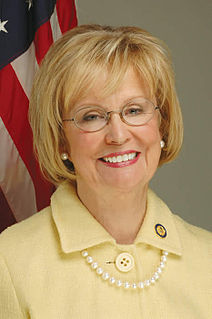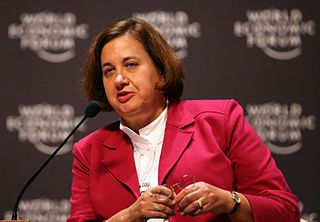A Quote by Ernest Moniz
Electricity generation emits more carbon dioxide in the United States than does transportation or industry, and nuclear power is the largest source of carbon-free electricity in the country.
Related Quotes
One of the reasons the United States has actually been reducing its emissions in recent years is actually that there's been a boom in natural gas. It's displacing coal. It emits less carbon dioxide when you burn it. This is not really an Obama policy. It's just something that happened because of technology and the free market.
Here's the problem - carbon dioxide doesn't contribute to smog and isn't a health threat. All of this is being done because some people believe carbon dioxide is causing global warming, and that preventing carbon dioxide from entering the air is the only answer. Never mind that there is still an ongoing scientific debate about global warming itself, and that some respected climate scientists believe that methane is a better target, California legislators have locked their sites on carbon dioxide.


































